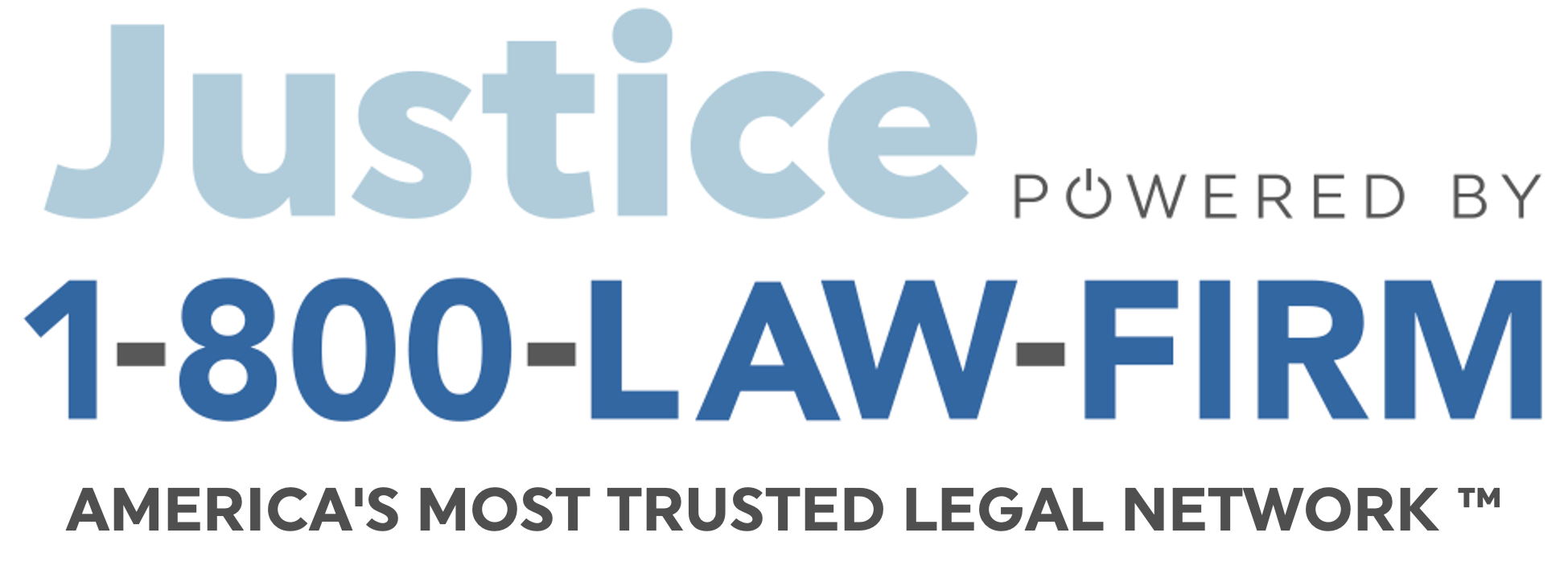You may have heard in the news that Zantac (ranitidine) has been linked to cancer. Lawsuits against Zantac manufacturers allege the drug contains a cancer-causing chemical called N-Nitrosodimethylamine (NDMA).
The law firm of Baum Hedlund Aristei & Goldman represents people from across the country in personal injury and wrongful death Zantac lawsuits. We intend to hold the drug makers accountable for allegedly concealing the Zantac cancer link and putting profit before people.
What is Zantac?
Chemically known as ranitidine hydrochloride, Zantac (ranitidine) belongs to a class of drugs called histamine H2-receptor antagonists (or H2 blockers), which decrease the amount of acid produced by the stomach.
Zantac is a very popular antacid medication that has been on the market since the early 1980s. Zantac is available over the counter (Zantac OTC) and by prescription. People commonly use Zantac for acid reflux, heartburn, and a host of other stomach, throat, and gastrointestinal issues. Others use Zantac for allergies to supplement their treatment regimen.
Zantac dosage varies between 75 and 150 mg tablets, though some patients take a once daily Zantac 300 mg dosage.
Since the 1980s, numerous studies have demonstrated a link between the NDMA in Zantac and cancer. Mounting evidence also allegedly shows that Sanofi and Boehringer Ingelheim, the big pharma companies that make Zantac (ranitidine hydrochloride), concealed the Zantac cancer link from millions of people who took the drug for heartburn, gastric and duodenal ulcers, gastroesophageal reflux disease (GERD), sour stomach, Barrett’s esophagus, acid reflux, and other issues. This deception came as the companies made unprecedented profits from Zantac, the first drug to generate $1 billion in sales.
IMPORTANT ZANTAC UPDATE
The U.S. Food and Drug Administration announced on April 1, 2020 that it is requesting manufacturers to withdraw all Zantac and generic Zantac OTC ranitidine drugs from the market effective immediately. The FDA determined that N-Nitrosodimethylamine (NDMA) in some ranitidine medications “increases over time and when stored at higher than room temperatures and may result in consumer exposure to unacceptable levels…” The FDA, the Environmental Protection Agency (EPA), and the World Health Organization (WHO) all classify NDMA as a cancer-causing substance.
Ranitidine in the News
The U.S. Food and Drug Administration (FDA) announced on September 13, 2019 that it is investigating Zantac cancer risks after testing of Zantac 150 tablets found the commonly-used heartburn medication contains NDMA at levels up to 3,000 times greater than the FDA’s daily intake limit. The Zantac cancer lawyers at Baum Hedlund Aristei & Goldman believe there is no safe level of NDMA.
With countless people now stricken with cancer after taking Zantac, many are turning to the courts and filing a Zantac lawsuit to hold Sanofi and Boehringer Ingelheim accountable for their reckless disregard for human health and willingness to put profit over people.
On April 1, 2020, the FDA issued an immediate market withdrawal request of all Zantac (ranitidine) products after determining that NDMA in “some ranitidine products increases over time and when stored at higher than room temperatures and may result in consumer exposure to unacceptable levels…”
Prior to the FDA market withdrawal of ranitidine, numerous manufacturers issued generic Zantac recalls on their own, including Apotex, Sandoz (Novartis), and GlaxoSmithKline (GSK) after Valisure, an online pharmacy that batch tests the medications it sells, and Emery Pharma, a contract laboratory, found unacceptably high levels of NDMA in ranitidine during testing. Both filed citizen’s petitions with the FDA, urging the agency to suspend sales and issue a Zantac recall. Some versions of Zantac were also recalled in Canada and Europe.
Zantac Side Effects
The link between Zantac and cancer goes back decades. Our firm represents people from across the country with the following Zantac side effects:
|
|
Other ranitidine Zantac side effects include headaches, abdominal discomfort, nausea and vomiting.
Common Zantac Brands | Products That Contain Ranitidine
Below are some of the most common Zantac brands and generic ranitidine brand names:
- Zantac 150 Tablets
- Zantac 150 Maximum Strength
- Zantac 150 Maximum Strength Cool Mint
- Zantac 75 Tablets
- Wal-Zan 150
- Wal-Zan 75
- Heartburn Relief (ranitidine)
- Acid Reducer (ranitidine)
- Acid Control (ranitidine)
File a Zantac Lawsuit
If you took Zantac and developed cancer, it is in your best interest to speak with an experienced product liability attorney about filing a Zantac lawsuit. Attorneys from 1-800-LAW-FIRM have vast experience holding big corporations accountable for concealing the true dangers of consumer products.
